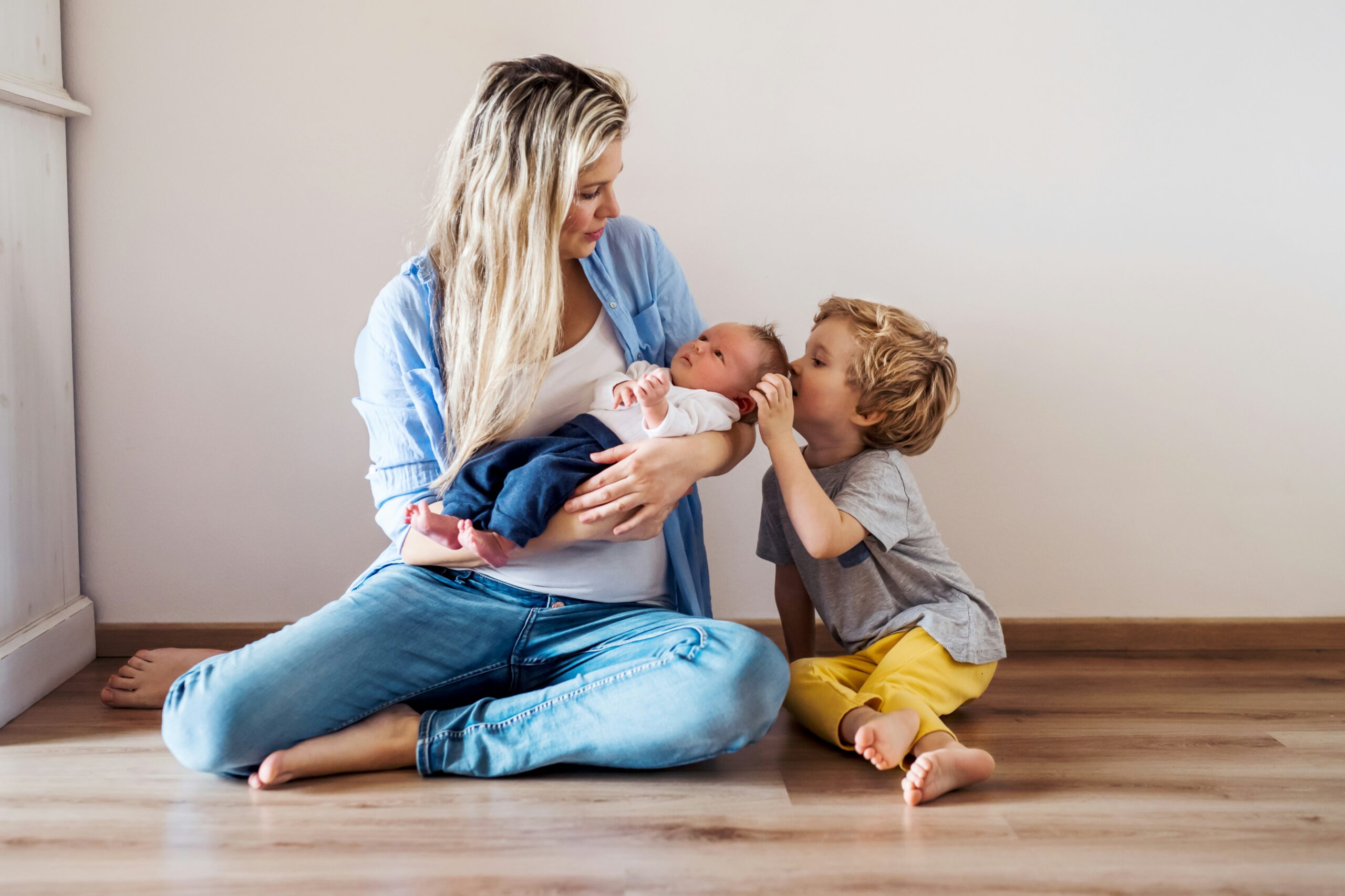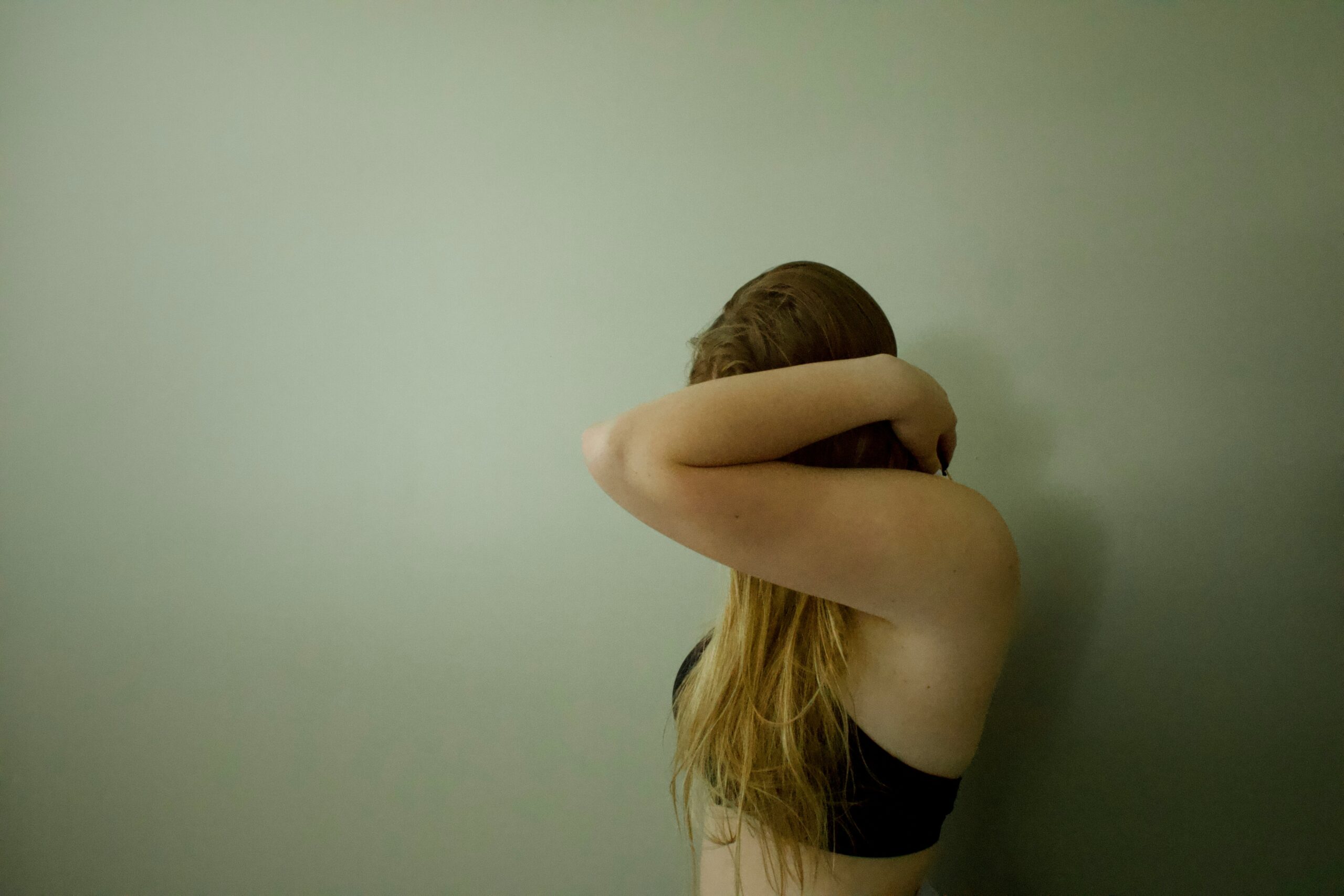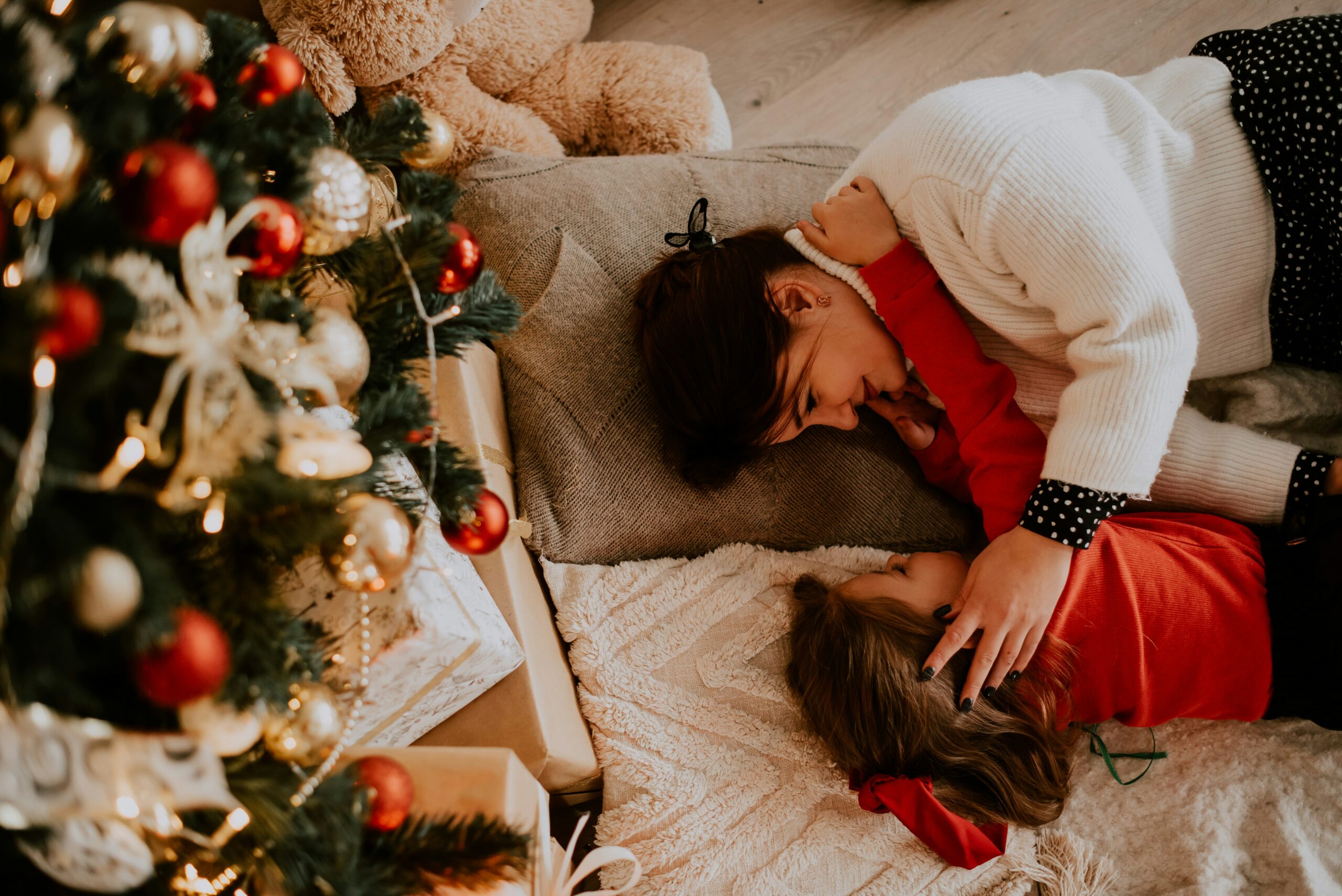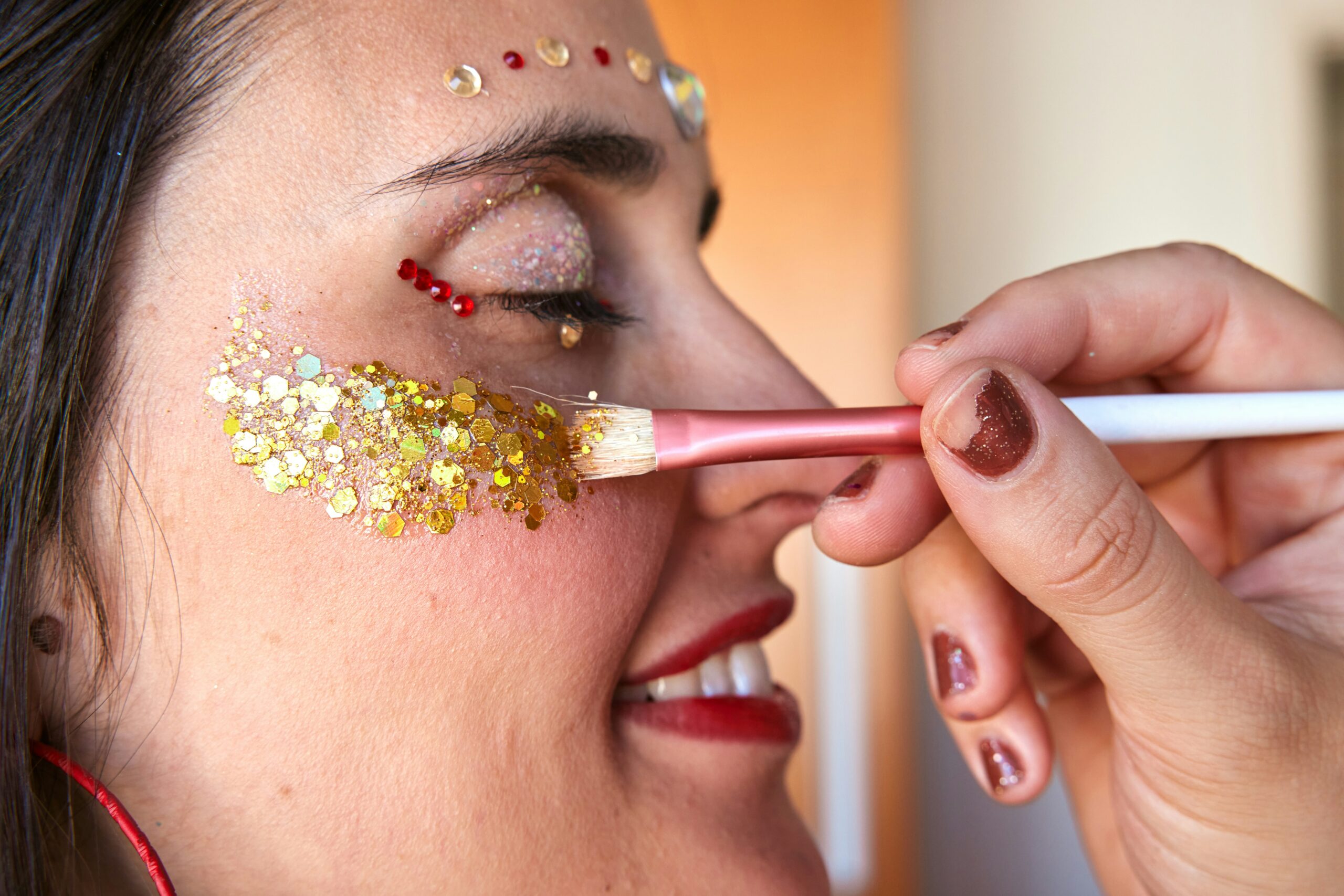“I didn’t even know unplanned pregnancies happened anymore,” a friend remarked when I shared the news I was five weeks pregnant—a complete surprise and not at all part of my plan.
The shock of an unexpected pregnancy turned my life upside down. I felt I couldn’t discuss my true feelings with anyone, fearing judgment, accusations of irresponsibility or being seen as ungrateful because I wasn’t feeling how I “should” feel.
This self-imposed shame left me feeling paralyzed and disconnected from myself, my pregnancy—and my growing baby. I wish I could tell my past-self that I deserved support, but it took me a while to understand this truth while everything was happening so quickly.
At the time, in early 2021, my husband and I had decided to wait until 2022 to try for our second child. We were living in a rental house and undergoing a major home renovation. Secretly though, I was content with just one. Our first child was 16 months old, and I had finally started feeling like myself again after a traumatic late pregnancy, a difficult birth, an anxiety-filled postpartum period and a c-section recovery.
When I noticed mid-cycle spotting, my intuition hit me hard: “You’re pregnant.” Upon seeing the double lines on the test, my immediate reaction was, “Oh, f*ck.” No joy—just fear.
My husband and I were in disbelief. I even went skiing that afternoon, trying to maintain a sense of normalcy. I wasn’t ready to accept the reality and feared that overthinking about being pregnant would send my life spiraling out of control—again.
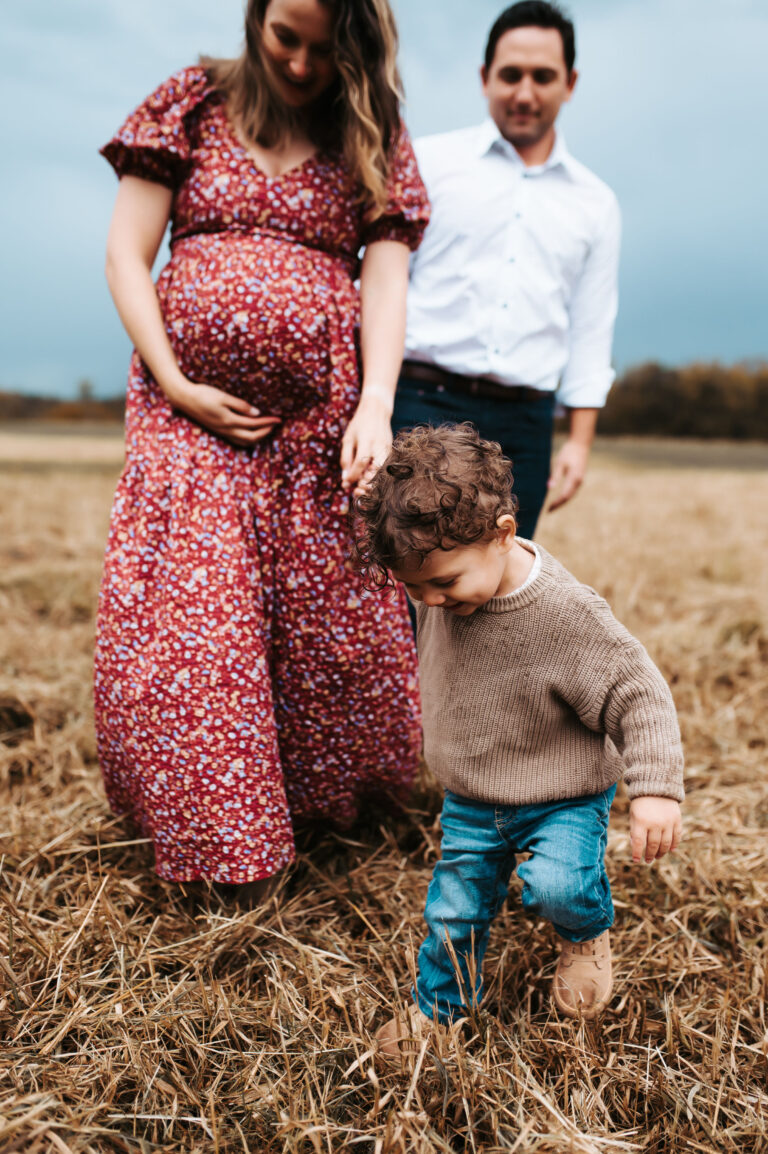
Contrary to my friend’s remark, it’s estimated 46 percent of all pregnancies are unplanned. If this is the case, why aren’t more people talking about the feelings that might come with this experience? If almost half of all pregnancies weren’t planned, isn’t it reasonable to assume that women will have a wide spectrum of emotions when they see a positive sign?
Keep in mind “unplanned” doesn’t necessarily mean “unwanted.” Unplanned means either not wanting to be pregnant at all or not wanting to be pregnant right now. I fell into the latter category.
Additionally, another study revealed that women with unintended pregnancies are more likely to experience postpartum depression, even when considering factors like poverty and education. In a perfect world, doctors would flag these pregnancies early on for more mental health monitoring during gestation and especially after birth.
The weeks and months following were incredibly challenging. I felt isolated, alone with my crippling thoughts and began slipping into depression. All this while enduring a difficult first trimester, caring for a rambunctious toddler, managing a year-long home renovation—and working full-time.
Whenever I mustered the courage to confide in someone about my unexpected pregnancy, I hoped for empathy or the question, “How are you feeling about that?” Instead, my news was often met with an enthusiastic “Congratulations!”—a response leaving me feeling empty and disconnected from excitement because I felt anything but celebratory.
I can’t blame anyone for their reaction: our society often idolizes and praises every pregnancy without first considering or questioning the mother’s mental or physical health. We are treated as vessels—not people.
I didn’t experience the traditional feelings of joy and gratitude that society expects from newly expecting parents. Instead, I felt immense guilt and shame, too afraid to admit it to anyone for fear of being seen as a terrible person. I felt all-consumed by my pregnancy and constantly overwhelmed, unsure of how to navigate each day.
Even half-way through my pregnancy, those feelings of joy still eluded me. While grateful, I slowly worked on connecting with this pregnancy and the growing baby. Most days, I still couldn’t believe I was carrying another child.
I’ll be honest: on particularly rough days, I let my mind wander to what it would feel like if I had chosen not to continue the pregnancy—or had lost it unexpectedly. I questioned why I—of all people—deserved a miracle I hadn’t asked for.
If you’re reading this article and resonate with what I am saying, I want you to know you are not alone. Your thoughts are valid. You deserve a safe space to express your feelings.. I wish I had someone to tell me my feelings and thoughts were okay and that sharing them openly was the only way to move through them.
Yes, anxiety has been a constant companion of mine for over two decades. Yes, I ended up being formally diagnosed with postpartum anxiety after the birth of this baby.
Things did start to improve with both time and therapy—the feelings of disconnect and emptiness became less overwhelming, and the void was less invasive. The emptiness eventually became less consuming and didn’t trick me into feeling like a bad mom..
Slowly, I came to believe that good things can happen to me without a fight, that I am worthy of this, and that sometimes things can work out with hope, honest communication—and a lot of therapy (and let’s also acknowledge the privilege of people able to afford said therapy, too.)
Ultimately, I want to tell you it did get better. I worked through my feelings and found acceptance. I received the mental health support I needed. I found safe people to confide in and hold space for me, all while practicing doing the same for myself.
Nothing will replace the moment I met this baby—a girl!—and instantly felt overwhelmed with love and gratitude that she chose me to be her mother, even when I wasn’t quite ready. Today, she is a spitfire and lives life on her terms, every day to the fullest. It’s no longer a shock to me that she was an unplanned pregnancy because she reminds me that after all, sometimes the best things in life are surprises—and for me, she’s the very best one I ever received.
Author
-
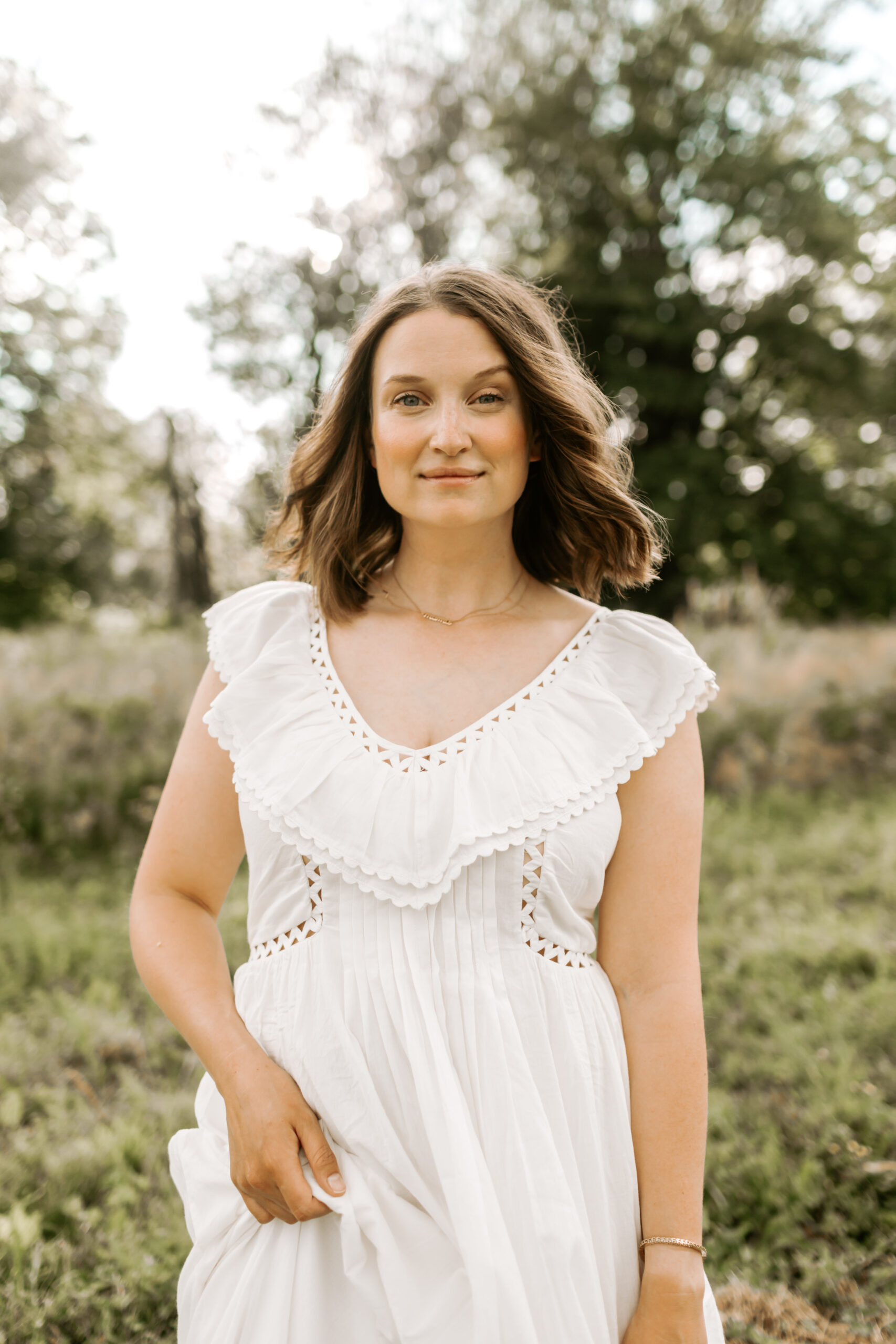
Carley Schweet founded Hello Postpartum, the home of postpartum recovery boxes and expert-written resources for new moms. After the birth of her first child, she noticed a distinct lack of supportive, empowering resources and support tools for postpartum parents, so she created it (and put it in a box!). Today, Hello Postpartum reaches thousands of new parents every month, was the Babies’ Best Award for Best Postpartum Resource (2023) recipient, and has been featured on Parents.com, Time Stamped, Baby Chick, Real Simple, and more. When she's not packing eCommerce orders, she can be found being a mom to two toddlers, riding her horse, Bayley, or (ideally) taking a power nap.
View all posts

